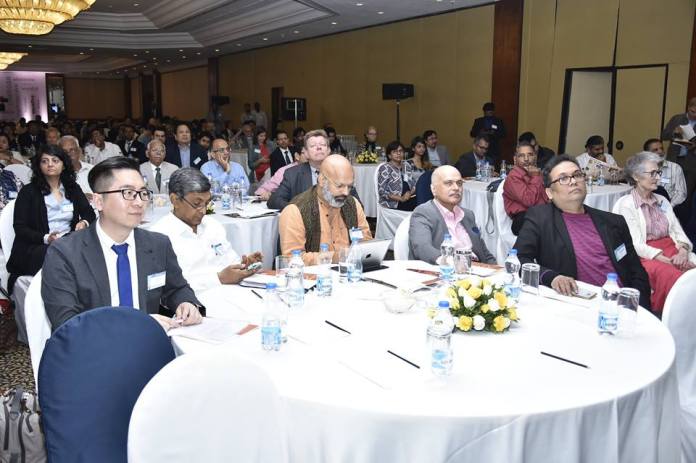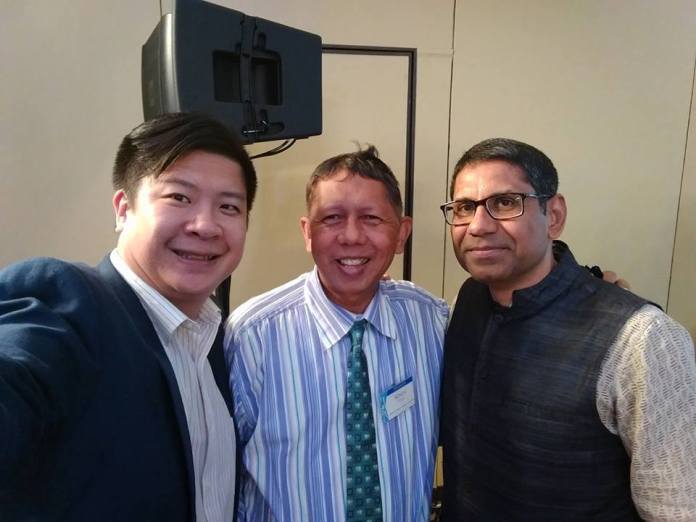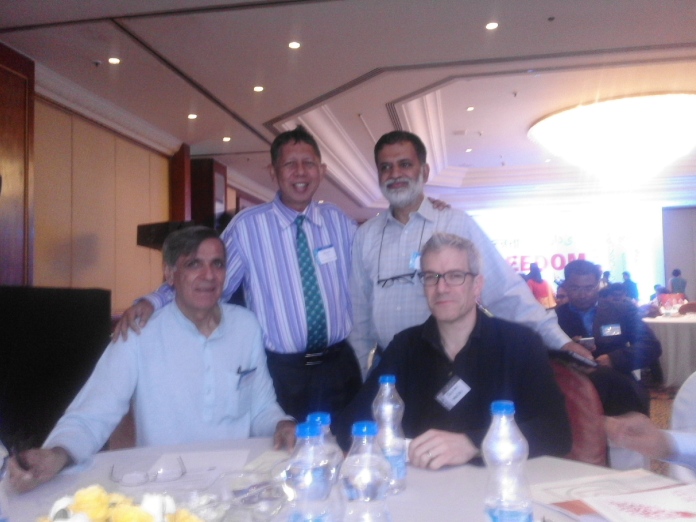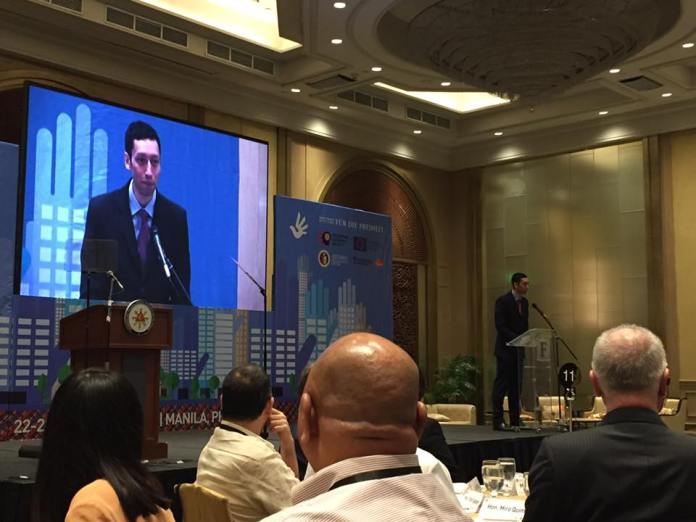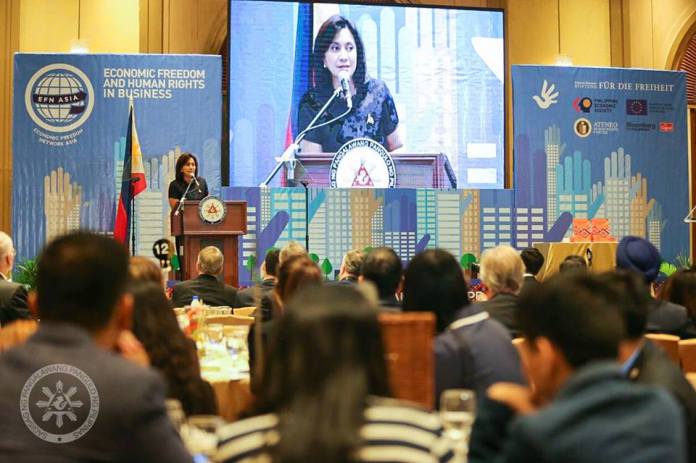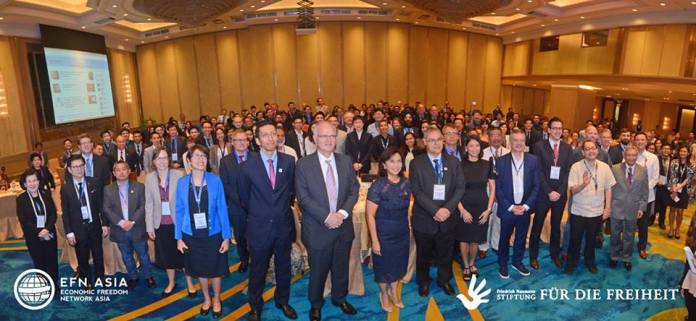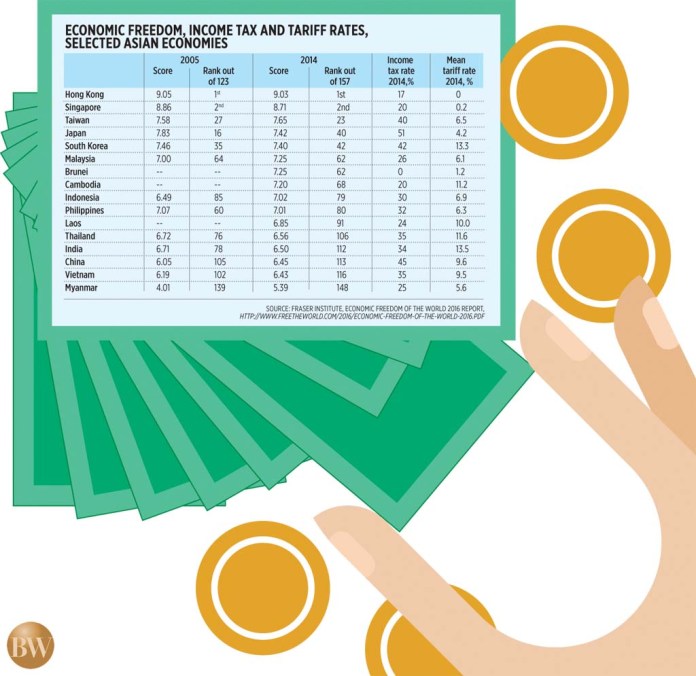The Economic Freedom Network (EFN) Asia participated once more at the annual Jeju Forum for Peace and Prosperity, a big international conference held at Jeju Island, S. Korea. I am reposting this report submitted to the organizers within an hour after the panel discussion. Originally posted at the EFN website.
I add two photos here, taken from EFN’s fb page. From left: Wan, John, Razeen, Young-Han.

This is 3,200+ words, 7 pages, enjoy.
—————–
Session Outline
Name of Session: Asia’s Contribution to the Global Open Market
Session Organizer: Friedrich Naumann Foundation for Freedom
Date: 1 June 2017, 14.50-16.20
Moderator: Dr. John Delury, Associate Professor, Graduate School of International Studies, Yonsei University
Welcoming Remarks: Dr. Lars-André Richter, Head Friedrich Naumann Foundation for Freedom Korea Office
Discussant(s)
Dr. Razeen Sally, Associate Professor,
Lee Kuan Yew School of Public Policy, National University of Singapore
Wan Saiful Wan Jan, Chief Executive
Institute for Democracy and Economic Affairs, Malaysia
Dr. Kim Young-Han, Professor, Department of Economics, Sungkyunkwan University
Summary of Presenters & Discussants’ Remarks
Dr. Lars-Andre Richter
Friedrich Naumann Foundation (FNF) is a German non-profit organization, founded in 1958 post-war West Germany. The main goal at the time was to help re-establish democracy in West Germany. Shortly after, FNF opened offices abroad, including in Tunisia, India and Indonesia. The office in Korea was opened in 1987. We promote liberty in Korea through a variety of programs including democracy building, projects with market economy, human rights, rule of law and also the re-unification issue, bringing in the unique German experience of re-unification. In fact, FNF has projects in both Koreas. The North Korea program started in 2004, focusing on economic policy. The session today at the Jeju Forum is hosted by both FNF and Economic Freedom Network Asia (EFN Asia), FNF support’s network of liberal minded think tanks and individuals.
 (From left: Wan, John, Razeen, Lars, Young-Han)
(From left: Wan, John, Razeen, Lars, Young-Han)
Dr. Kim Young-Han
Threat of the Protectionism by the US Trump Presidency
– Why Protectionism by the Billionaire US President?
Trump thinks that the current format of ‘the Global Open Market System’is unbearable and unsustainable for the US blue collar workers. Are US blue collar workers simply irrational? No, they are absolutely rational.
– The US blue collar workers know that there is not and will not be an effective trade adjustment assistance system in the US. Winners get everything with no room for losers in global open market according to the US experiences. (The same with the Brexit case.)
– How much of a threat caused by the Trumpian Protectionism?
Very threatening and disastrous. If Trumpian Protectionism is spilled over to major trading countries, the global trade war is the next stage, just like the experience before the two World War. The current one-sided protective measures of the US are highly likely to provoke retaliatory measures from trading partners.
– Is Trumpian Protectionism Sustainable?
Not really, since it’s self-defeating. Why? The source of gains from free trade: Efficiency Gains via Reallocation of economic resource from inefficient sectors to efficient sectors. In the US, without the effective trade adjustment assistance mechanism, resources in the inefficient sectors became laid-off instead of being reallocated. What Trump tries to do is to keep inefficient sectors protected as inefficient, which is self-defeating and unsustainable. He suspects Trump will realize this after 3-4 years.
– Can other powers fill in the US role?
The Share in the Global Trade: EU takes roughly 40% of the world trade, followed by Asia which takes 33%, and North America (17%). If the US goes back to protective regime, it is bad, while the other players can keep the remaining 83% under free trade regime. The EU might play a more meaningful role in leading the global free trade regime and also Asian powers like China. But he does not think so.
– The requirements for the leadership the global free trade regime: Leader has to prepare itself and operate on a rule-based trade policy and National Treatment for all players (treat all players as domestic players). The EU is more prepared, but not China. Furthermore, Big Players with market power are likely to resort to bilateral arrangements based on one-sided bargaining power. Therefore, relying on a multilateral platform is better than relying on a big guy leading power. Rebuilding the Multilateral Free Trade Regime via WTO is the solution.
The Role of Asia in Rebuilding the Global Free Trade Regime
– Datawise, Asia takes significant market power, i.e. 33% of the global trade. Historically speaking, all Asian countries’ economies, such as Japan and South Korea, have emerged via the global free trade regime with no regret against the multilateral free trade regime, WTO. A multilateral free trade regime as WTO is welfare dominant to a single country leadership (by whether the US or China). Asia has kept the spirit of multilateral or plurilateral free trade regime via ASEAN and ASEAN+3, and even ASEAN +6. Asian economy with her complexity in terms of diverse stages of economic development and asymmetry of economic size and power works as a miniature of the global economy with gradual and sustainable unit of economic integration.
– Condition for “Sustainable Global Open Market System”
- i) Effective Trade Adjustment Assistance Mechanism: Losers (i.e., workers in the importing competing sectors with comparative disadvantages) should be reallocated to Winners’ sectors (jobs in the export sectors with comparative advantages) via Effective Trade Adjustment Assistance Mechanism.
- ii) Multilateral Free Trade Regime with strong surveillance and reputation building mechanism with respect to the Big Guys with market power.
Dr. Razeen Sally
He has three main points to make. First, where we are in the global economy, particularly on trade. Second is on protectionist threat. Third is on what can be done in and by Asia to keep the market open.
– Where are we in the global economy?
Economic globalization has not been reversed, since the global financial crisis, but it has stalled. There has been a global growth slowdown. Trade to GDP worldwide has not increased, since about 2006. Foreign direct investment flow has decreased, since the crisis Cross-border flow of finance has Decreased considerably, as expect from the global financial crisis.
– But particularly on trade, something unusual is going on. Since the beginning of 19th century until 2008, world trade grew faster than world output, which is the indication that trade is the engine of growth. But since 2012 until the end of 2016, trade growth barely kept pace with world GDP growth at about 3 percent or less. This is highly unusual and tends not to happen except in war and deep recession. This is particularly worrisome for Asian nations, whom depend on exports. But still too early to tell if this is a new trend.
Continue reading →
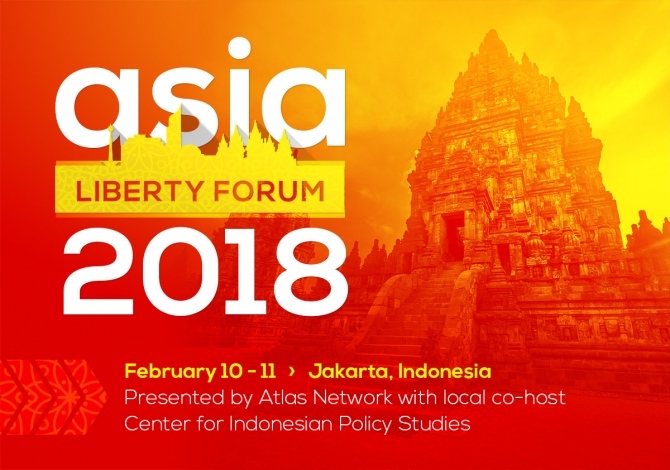
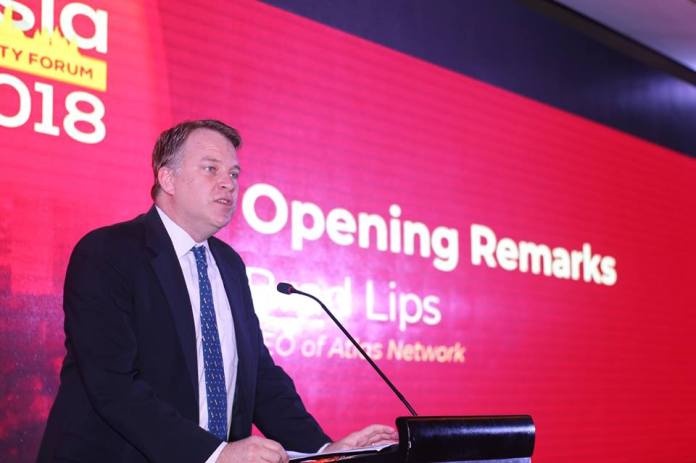


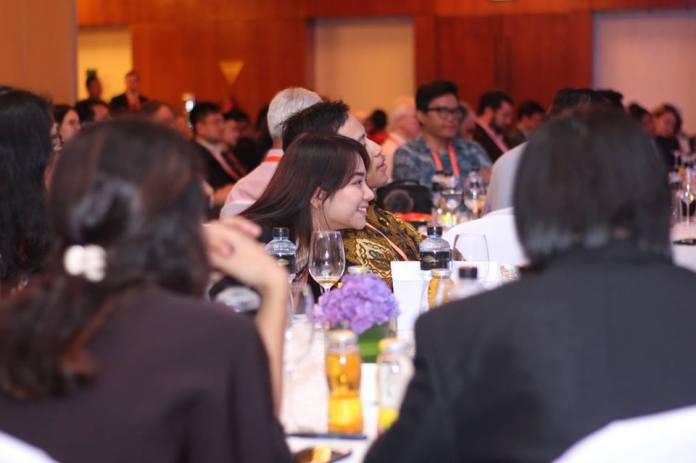


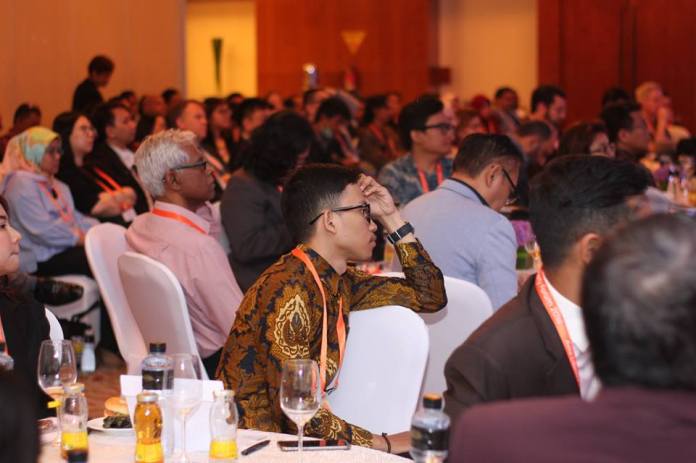
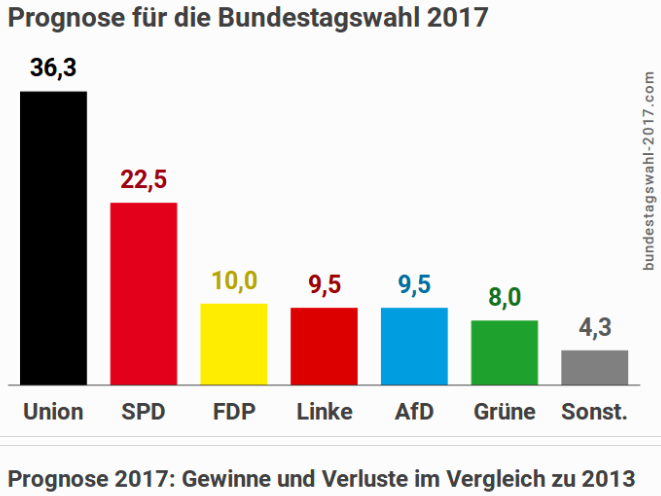

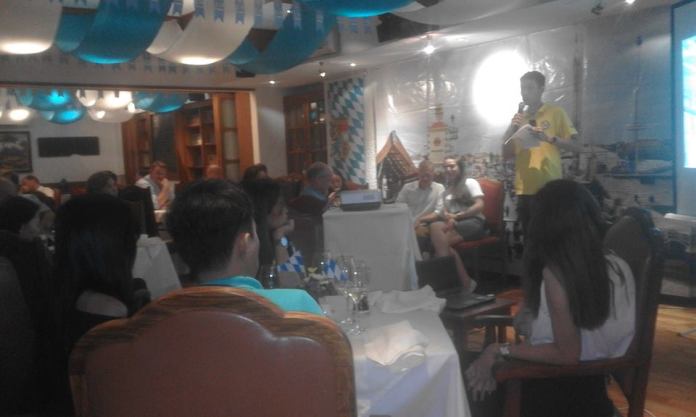
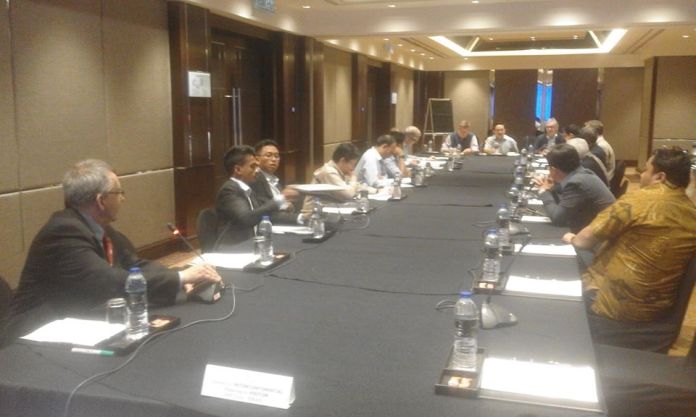



 (From left: Wan, John, Razeen, Lars, Young-Han)
(From left: Wan, John, Razeen, Lars, Young-Han) I don’t have any picture during the small group discussion, here with FNF Regional Director for E and SE Asia, Siggi Herzog, and SWS’ Mahar Mangahas.
I don’t have any picture during the small group discussion, here with FNF Regional Director for E and SE Asia, Siggi Herzog, and SWS’ Mahar Mangahas.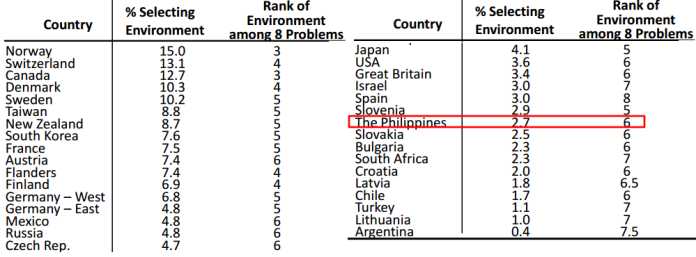
 Source: Dr. Roy Spencer,
Source: Dr. Roy Spencer, 
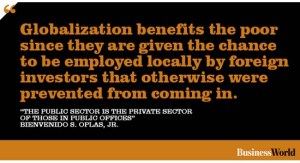 Contrary to common belief that globalization only favored big capitalists and businesses, globalization has benefitted the poor more in the form of (a) being employed locally by foreign investors that were otherwise prevented from coming in, (b) being employed abroad as they were assigned by their multinational firms or being hired by competing foreign firms, (c) being stockholders through time of both local or foreign firms as enterprise competition intensifies.
Contrary to common belief that globalization only favored big capitalists and businesses, globalization has benefitted the poor more in the form of (a) being employed locally by foreign investors that were otherwise prevented from coming in, (b) being employed abroad as they were assigned by their multinational firms or being hired by competing foreign firms, (c) being stockholders through time of both local or foreign firms as enterprise competition intensifies.